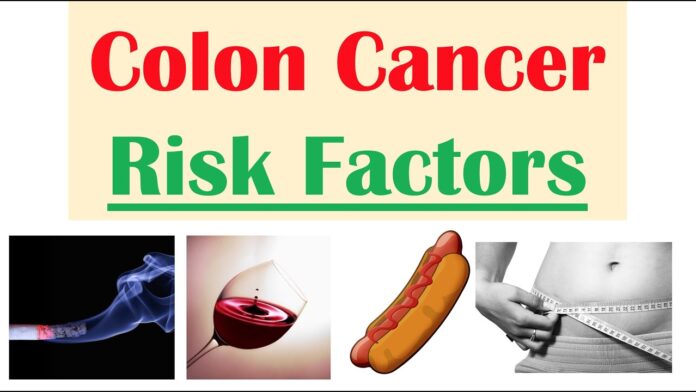
Understanding the Key Risk Factors for Colon Cancer: Stay Informed
Colon cancer, also known as colorectal cancer, is a type of cancer that affects the rectum or the colon. It is the third most common cancer diagnosed worldwide and is responsible for a significant number of deaths each year. To combat this disease effectively, it is crucial to understand the key risk factors associated with colon cancer. By staying informed, we can take necessary precautions and make informed choices to reduce our risk of developing this debilitating condition.
Age is considered to be one of the most significant risk factors for colon cancer. The disease primarily affects individuals aged 50 and above. According to the American Cancer Society, more than 90% of cases are diagnosed in people over the age of 50. Therefore, regular screenings and early detection are vital for individuals in this age group. By identifying any abnormalities at an early stage, doctors can initiate timely treatment, increasing the chances of a successful outcome.
Another significant risk factor for colon cancer is a personal or family history of the disease. Individuals who have previously had colon cancer or certain types of polyps are at a higher risk of developing this cancer again. Additionally, having a close relative, such as a sibling or parent, who has had colon cancer significantly increases the likelihood of developing the disease.
Lifestyle choices play a crucial role in determining an individual’s risk of colon cancer. A sedentary lifestyle with minimal physical activity has been linked to an increased risk of developing this cancer. Regular physical exercise not only helps maintain a healthy weight but also improves digestion and overall gut health, potentially reducing the risk of colon cancer. Healthy diet choices, such as a diet rich in fruits, vegetables, and whole grains, while limiting the consumption of red and processed meats, can also help prevent colon cancer.
Smoking and excessive alcohol consumption are well-known risk factors for numerous diseases, including various types of cancer. Colon cancer is no exception. Smoking damages the DNA in colon cells, increasing the risk of cancerous cell mutations. Similarly, excessive alcohol consumption can lead to chronic inflammation, which is known to promote the growth of cancer cells. By quitting smoking and moderating alcohol consumption, individuals can significantly reduce their risk of colon cancer.
Certain medical conditions and genetic syndromes also contribute to the risk of developing colon cancer. Inflammatory bowel disease (IBD), including ulcerative colitis and Crohn’s disease, increases an individual’s chance of developing colon cancer over time. Genetic syndromes, such as Lynch syndrome and familial adenomatous polyposis (FAP), significantly raise the risk of developing the disease as well. It is crucial for individuals with such conditions to work closely with their healthcare providers to monitor and manage their risk effectively.
While it is impossible to completely eliminate the risk of developing colon cancer, staying informed about the key risk factors can help us make proactive choices to reduce our chances of developing this disease. Regular screenings, maintaining a healthy lifestyle, and being aware of personal and family medical histories are essential steps in preventing colon cancer. Remember, early detection and intervention are key to successful treatment, so don’t hesitate to consult your healthcare provider if you have any concerns. By taking control of our health and staying informed, we can strive towards a healthier future free from colon cancer.

















